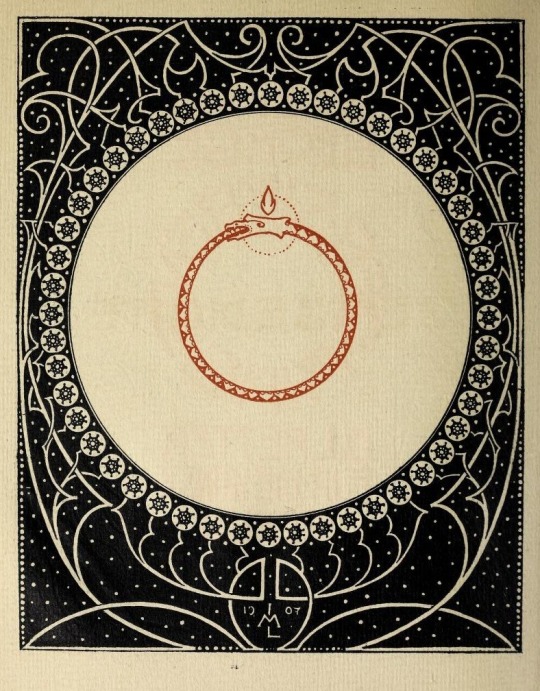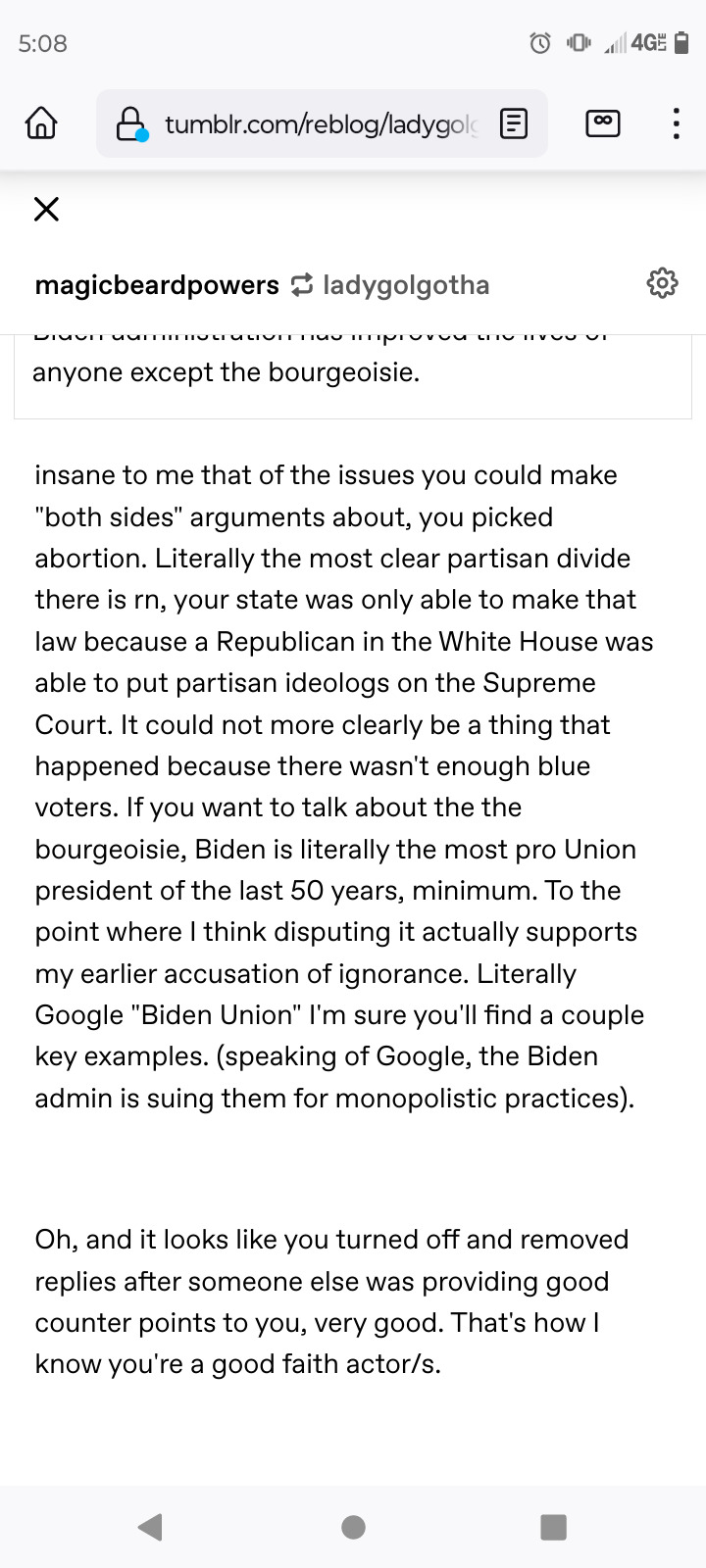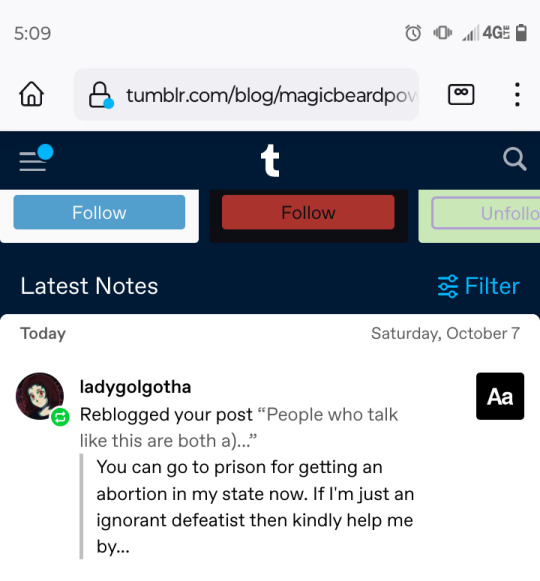#Both Sides
Explore tagged Tumblr posts
Text
thinking about 7x04 again and the insanity of it all and specifically how buck and tommy are literally each other's second choices, like it's so crazy to me, i am obsessed with the rizz of eddie diaz. people are going so crazy for him and he's oblivious to it. tommy was literally out there taking eddie on dates flying him out to fucking vegas etc. buck finds out about this and goes batshit insane crazy trying to get eddie's attention. neither of them get exactly what they want, tommy because eddie's oblivious and also like, just not into him. and buck because if he even looks at his feelings for eddie he will fucking explode so projects them onto tommy. and now they’re dating about it. about EDDIE. eddie diaz your power is unmatched.
#it's so so funny#they were doomed from the start because it's about eddie. all of it#BOTH SIDES#911#buddie#911 abc
184 notes
·
View notes
Text

Peter Frederiksen - “Coming at it from both sides.”, 2022
122 notes
·
View notes
Text
If anyone ever asks what the difference is between Joe Biden and Donald Trump... well, there's a million ways to answer that question, but we saw it very clearly in tonight's speech.
Biden stepped down from a nomination he'd rightly won because he decided it was better for his party and country.
He then got up on stage, smiling and even joking about it, and gave a sincere, full-throated endorsement of his successor, and promised to be her campaign's best volunteer.
At one point, when the crowd was chanting "Thank You Joe!", he even interrupted them and said no, thank you Kamala.
Trump. Could. Never.
#US#Politics#Election#2024#Joe Biden#Dark Brandon#Biden Wins#Thank You Joe#Thank You President Biden#Both Sides#Both Sides Are Not The Same#Harris/Walz 2024#Kamala Harris 2024#Vote#Vote Blue
50 notes
·
View notes
Text
am I the only one who finds myself getting more attached to bucktommy and Tommy himself the more people push against it or
#'can't believe people are jumping ship as soon as there's another guy oh my goshh' I'm a multishipper but watch me jump harder slfjsh#idk lol#9-1-1#911#oasis's 9-1-1 chatter#I like b u ddie (trying to keep it out of the searches and tags and such since this is kinda critical) and I think I'd always be at least a#bit disappointed if they don't end up together#but I'd be perfectly happy with tommy honestly#and more than anything I know buck and tommy will have to go through pain for buddie to happen and tommy will most likely be gone#if they can amicably break up and tommy sticks around I'm much more for it lol#anyway idk#I ship both but some people are just. absolutely insane#and some for bucktommy too I'm like 'he very much did have a connection with eddie lol. calm down'#'we're allowed to be jealous and have emotions' okay but stop attacking people online how about lol#both sides#anyway I just think it's all kinda silly slfkhjds#but back to my point I do love bucktommy and every time someone hates on them for no reason and something they wouldn't hate on#eddie for I actually +10 to my love for them <3 🥰#lol
33 notes
·
View notes
Text

via (at)anatosaurus.bsky.social
#polarization#both sides are not the same#both sides#pronouns#concentration camps#deportation#mass deportations#political#politics#us politics#american politics#USpol#whataboutism
12 notes
·
View notes
Text
“Your mother wouldn't approve of how my mother raised me” SNUCIUUUUS I BEG YOU-
51 notes
·
View notes
Text

Ouroboros Der Siebente Ring Stefan George Illus. by Melchior Lechter Berlin: Blaetter für die Kunst, 1907.
* * * *
LETTERS FROM AN AMERICAN
December 7, 2024
Heather Cox Richardson
Dec 08, 2024
On Thursday, December 5, in Chicago, Illinois, former president Barack Obama gave the third in an annual series of lectures he has delivered since 2022 at his foundation’s Democracy Forum, which gathers experts, leaders, and young people to explore ways to safeguard democracy through community action.
Taken together, these lectures are a historical and philosophical exploration of the weaknesses of twenty-first century democracy as well as a road map of directions, some new and some old, for democracy’s defense. In 2022, Obama explored ways to counteract the flood of disinformation swamping a shared reality for decision making; in 2023 he discussed ways to address the extraordinary concentration of wealth that has undermined support for democracy globally.
On Thursday, Obama explored the concept of “pluralism,” a word he defined as meaning simply that “in a democracy, we all have to find a way to live alongside individuals and groups who are different than us.”
But rather than advocating what he called “holding hands and singing ‘Kumbaya’” as we all tolerate each other, Obama described modern pluralism as active work to form coalitions over shared issues. His argument echoed the concepts James Madison, a key framer of the Constitution, explained in Federalist #10 when he was trying to convince inhabitants of a big, diverse country that they should endorse the newly written document.
In 1787, many inhabitants of the fledgling nation objected to the idea of the strong national government proposed under the new constitution. They worried that such a government could fall under the control of a majority that would exercise its power to crush the rights of the minority. Madison agreed that such a calamity was likely in a small country, but argued that the very size and diversity of the people in the proposed United States would guard against such tyranny as people formed coalitions over one issue or another, then dissolved them and formed others. Such constantly shifting coalitions would serve the good of all Americans without forging a permanent powerful majority.
Obama called the Constitution “a rulebook for practicing pluralism.” The Bill of Rights gives us a series of rights that allow us to try to convince others to form coalitions to elect representatives who will “negotiate and compromise and hopefully advance our interests.”
Majority rule determines who wins, but the separation of powers and an independent judiciary are supposed to guarantee that the winners “don’t overreach to try to permanently entrench themselves or violate minority rights,” he said. The losers accept the outcome so long as they know they’ll have a chance to win the next time.
Obama noted that this system worked smoothly after World War II, largely because a booming economy meant rising standards of living that eased friction between different groups: management and labor, industry and agriculture. At the same time, the Cold War helped Americans come together against an external threat, and a limited range of popular culture reinforced a shared perspective on the world—everyone watched the sitcom Gilligan’s Island.
Most of all, though, Obama noted, American pluralism worked well because it largely excluded women and racial, gender, and religious minorities. He pointed out that as late as 2005, when he went to the Senate, he was the only African American there and only the third since Reconstruction. There were two Latinos and fourteen women.
In the 1960s, he noted drily, “things got more complicated.” “[H]istorically marginalized groups—Blacks, Latinos, Asians, Native Americans; women and gays and lesbians; and disabled Americans—demanded a seat at the table. Not only did they insist on a fair share of government-directed resources, but they brought with them new issues, born of their unique experiences that could not just be resolved by just giving them a bigger slice of the pie. So racial minorities insisted that the government intervene more deeply in the private sector and civil society to root out long-standing, systemic discrimination.”
Women wanted control over their own bodies, and gays and lesbians demanded equality before the law, challenging religious and social norms. “[P]olitics,” Obama said, “wasn’t just a fight about tax rates or roads anymore. It was about more fundamental issues that went to the core of our being and how we expected society to structure itself. Issues of identity and status and gender. Issues of family, values, and faith…. [A] lot of people…began to feel that their way of life, the American way of life, was under attack” just as increasing economic inequality made them think that other people were benefiting at their expense.
Increasingly, that economic inequality cloistered people in their own bubbles as unions, churches, and civic institutions decayed. “[W]ith the Cold War over, with generations scarred by Vietnam and Iraq and a media landscape that would shatter into a million disparate voices,” he said, Americans lost the sense of “a common national story or a common national purpose.” Media companies have played to extremes, and “[e]very election becomes an act of mortal combat.”
With that sense, there is “an increasing willingness on the part of politicians and their followers to violate democratic norms, to do anything they can to get their way, to use the power of the state to target critics and journalists and political rivals, and to even resort to violence in order to gain and hold on to power.”
For all that he was speaking in 2024, Obama could have been describing the realization of the fears of those opposed to the Constitution in 1787.
But he did not agree that those anti-Federalists had won the debate. Instead, he adapted Madison’s theory of pluralism to the modern era. Obama stood firm on the idea that the way to reclaim democracy is to build coalitions around taking action on issues that matter to the American people without regard to personal identities or political affiliations. Pluralism, Obama said, “is about recognizing that in a democracy, power comes from forging alliances, and building coalitions, and making room in those coalitions not only for the woke but also for the waking.”
And that, in many ways, identified the elephant—or rather the donkey—in the room. In the 2024 election, the Democratic Party under Vice President Kamala Harris and Minnesota governor Tim Walz very deliberately moved away from so-called identity politics: the idea that a person builds their political orientation around their pre-existing social identity. During the campaign, Harris rarely referred to the fact that if elected, she would be the first woman, as well as the first woman of color, to hold the presidency: when attendees at the Democratic National Convention wore white in honor of the suffragists, Harris wore black.
Instead, Harris and Walz embraced investing in the middle class and supporting small businesses. But that shift to the center did not translate into a presidential victory in 2024, and those on the political left, as well as progressive Democrats, are not convinced it was a good move.
Since the rise of Donald Trump, the MAGA party has been the one championing identity politics, rejecting American pluralism in favor of centering whiteness, a certain kind of individualist masculinity, Christianity, and misogyny. Making common cause with Republicans, even non-MAGA Republicans, in the face of such politics seems to the left and progressive Democrats self-defeating.
Obama disagrees. “[I]t’s understandable that people who have been oppressed or marginalized want to tell their stories and give voice fully to their experiences—to not have to hold back and censor themselves, especially because so many of them have been silenced in the past,” he said, “But too often, focusing on our differences leads to this notion of fixed victims and fixed villains.”
He stood firm against compromising core principles but said: “In order to build lasting majorities that support justice—not just for feeling good, not just for getting along, to deliver the goods—we have to be open to framing our issues, our causes, what we believe in in terms of ‘we’ and not just ‘us’ and ‘them.’”
And he emphasized that such cooperation works best when it’s about action, rather than just words, because action requires that people invest themselves in a common project. “It won't eradicate people's prejudices, but it will remind people that they don't have to agree on everything to at least agree on some things. And that there are some things we cannot do alone.” “It’s about agency and relationships.”
Then Obama addressed the political crisis of this moment, the one the anti-Federalists feared: “What happens when the other side has repeatedly and abundantly made clear they’re not interested in playing by the rules?” When that happens, he said, “pluralism does not call for us” to accept it. “[W]e have to stand firm and speak out and organize and mobilize as forcefully as we can.” Even then, though, “it’s important to look for allies in unlikely places,” he said, noting that “people on the other side…may share our beliefs in sticking to the rules, observing norms,” and that supporting them might help them “to exert influence on people they’ve got relationships with within the other party.”
The power of pluralism, he said, is that it can make people recognize their common experiences and common values. That, he said, is how we break the cycle of cynicism in our politics.
Obama’s argument has already drawn criticism. At MSNBC, Ben Burgis condemned Obama’s “centrist liberalism” as inadequate to address the real problems of inequality and warned that his political approach is outdated.
But it is striking how much Obama’s embrace of pluralism echoes that of James Madison, who had in his lifetime witnessed a group of wildly diverse colonists talk, write letters, argue, and organize to forge themselves into a movement that could throw off the age-old system of monarchy in favor of creating something altogether new.
LETTERS FROM AN AMERICAN
HEATHER COX RICHARDSON
#Heather Cox Richardson#Letters From An American#Barack Obama#both sides#Pluralism#Bill of Rights#centrist liberalism#allies#economic inequality
8 notes
·
View notes
Text
youtube
There is no "Both Sides," by CAMERA.ORG
31 notes
·
View notes
Text

Read about mystery, history and horror with a dash of humour in Night at School
Read how pranks unfold for April Fool's Day in Both Sides
-- All stories --
#books#bookblr#light academia#books and reading#book photography#reading#book aesthetic#short story#book#night at school#both sides
3 notes
·
View notes
Text





Got blocked mid-reply by a "both sides" doofus who was losing in the comments to someone else, which I unfortunately didn't get to take screenshots of. I only knew to take screenshots of my own stuff after getting an error message when I tried to post my reply. I have however decided this person falls into one of two new categories. Instead of as I said before, either "ignorant" or a "defeatist loser", the options are now "WILlFULLY ignorant AND a defeatist loser" or "actual psyop who doesn't want you to vote".
#politics#Both sides#vote blue#I'm a little sad it got stopped early I had more to say#But I'm also at work so I should be grateful I didn't REALLY get sucked in
29 notes
·
View notes
Text
youtube
"Voting is not enough, but it's literally better than nothing."
8 notes
·
View notes
Text
This election is not a choice between helping Gaza and helping America.
Kamala Harris may not do-probably cannot do-enough to help end the destruction, but she supports a ceasefire. Trump will enthusiastically fuel the slaughter, along with the destruction of America.
Trump will also burn the whole fucking world (including Gaza) by aggressively undoing every little bit of progress we've made on the Climate Crisis, and then some.
There is no choice here as to who you want to save. You're not choosing who's life is more important, Gazans or marginalized people in America.
There is simply a choice between someone who may make things a little better for everyone within an imperfect system, and someone who will burn us all if the price is right or his ego demands it.
#US#Politics#Election#2024#Israel#Gaza#Palestine#Ceasefire Now#Ceasefire For Hostages#Two State Solution#Climate Crisis#Both Sides#Both Sides Are Not The Same#Kamala Harris 2024#Vote#Vote Blue
23 notes
·
View notes
Text

9 notes
·
View notes
Text
people who don't respect boundaries make me wanna barf tbh
3 notes
·
View notes


